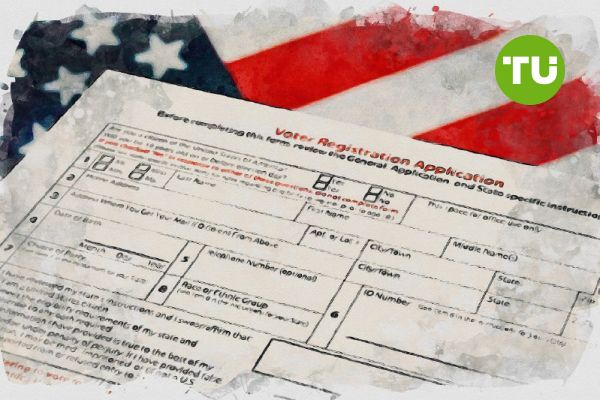Bipartisan PROOF Act returns to tighten oversight on digital asset firms
 PROOF Act returns
PROOF Act returns
In a renewed push for digital asset regulation, U.S. Senators Thom Tillis (R-NC) and John Hickenlooper (D-CO) have reintroduced the Proving Reserves of Others Funds (PROOF) Act, a bipartisan bill aimed at strengthening financial safeguards in the cryptocurrency industry.
Originally unveiled in 2023, the legislation seeks to address systemic vulnerabilities exposed by the collapse of crypto exchange FTX, whose misuse of customer deposits triggered billions in losses, according to Crypto News.
The PROOF Act would ban the co-mingling of customer and corporate funds by crypto custodians and require digital asset institutions to undergo monthly third-party audits verifying they hold sufficient reserves to match customer liabilities.
Post-FTX accountability and transparency
Under the bill, audit results would be submitted to the U.S. Treasury Department and made publicly accessible. Firms that fail to comply with the reporting requirements would face escalating civil penalties.
Senator Tillis emphasized the need for industry trust, stating that the legislation “builds confidence in digital markets by combining reserve transparency with strong custodial standards.” Senator Hickenlooper echoed the sentiment, calling the measure “commonsense” and aligning it with standards already applied to traditional financial institutions.
The reintroduction of the PROOF Act comes as lawmakers continue working toward a broader regulatory framework for the digital asset sector—one that balances innovation with investor protection. While the bill does not impose new tax or trading rules, it signals growing bipartisan consensus around improving solvency disclosures and limiting financial risk in the crypto space.
With the spotlight still on crypto oversight in the wake of high-profile failures, the PROOF Act could serve as a foundational step in establishing more rigorous accountability mechanisms for digital finance.
Meanwhile, Senator Ted Cruz is championing Texas as a global hub for Bitcoin innovation in the U.S., aligning the state’s resources with the growing digital asset industry. With three Bitcoin mining facilities in West Texas, Cruz is merging advocacy with action.













































































































































